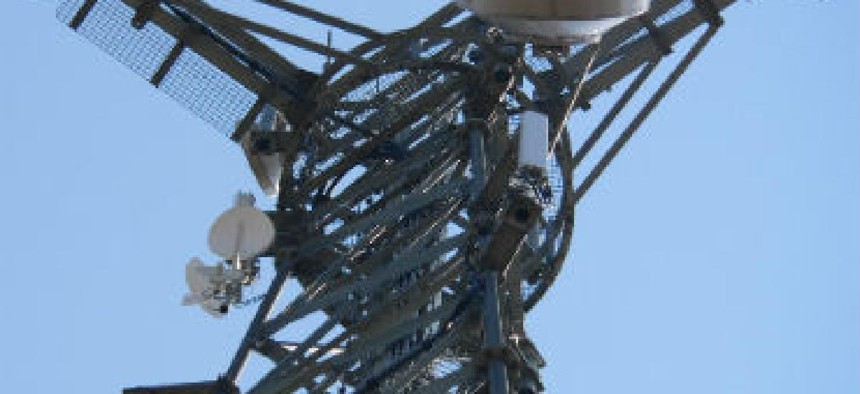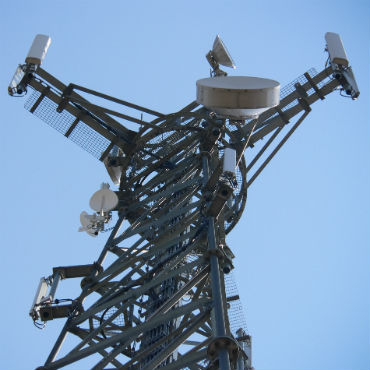Chaffetz bills would outlaw warrantless stingray use

Rep. Jason Chaffetz (R-Utah) introduced two bills that would rein in law enforcement's use of technologies that tracking users via their mobile phones.

House Oversight and Government Reform Committee chairman Jason Chaffetz (R-Utah) has introduced two bills to restrict law enforcement use of technologies capable of tracking users via their cell phones.
Cell-site simulators, known by the trade name "stingrays," emulate cellular network towers to collect mobile phone data, and are used by some government agencies to determine geolocation of user devices.
The Cell Location Privacy Act would require all domestic law enforcement to obtain a probable cause warrant before using cell-site simulators, permitting exceptions for foreign intelligence surveillance and "exigent circumstances"
Similarly, but more broadly, the Geolocation Privacy and Surveillance Act, which Chaffetz and Sen. Ron Wyden (D-Ore.) introduced to their respective chambers in the 114th Congress, would establish a legal framework that governs the use of geolocation technologies, by law enforcement and non-government entities alike.
Chaffetz said at a Feb. 15 Cato Institute event these bills were "crucial to restoring trust" between law enforcement and the public.
The congressman acknowledged "there are very legitimate uses of this technology," such as missing persons or abduction cases in which a warrant has been acquired, but warned that geolocation technology "is ripe for abuse."
"Everybody wants to be safe, everybody wants to be secure, but that, to me, doesn't mean… that law enforcement needs to know everything about me all the time," Chaffetz said.
Without first obtaining a warrant, "I think it's a violation of our Fourth Amendment rights, I think it's an invasion of our privacy," he said. "Tracking everybody, especially a suspicion-less American, is too far."
In the past, DOJ has argued a probable cause warrant is not necessary to obtain "historical" geolocation data.
In December, the House Oversight Committee released a bipartisan report that discovered the federal government spent about $100 million between fiscal years 2010 and 2014 on cell-site simulators. DOJ purchased the most over this span, spending more than $71 million on 310 cell-site simulators, while DHS added more than $24 million on 124 simulators. The Internal Revenue Service also has purchased these devices.
Chaffetz has long wanted to rein in the government's use of stingray technology. He first introduced the GPS Act in 2011, when, despite attracting 27 co-sponsors, it did not gain much legislative traction.


